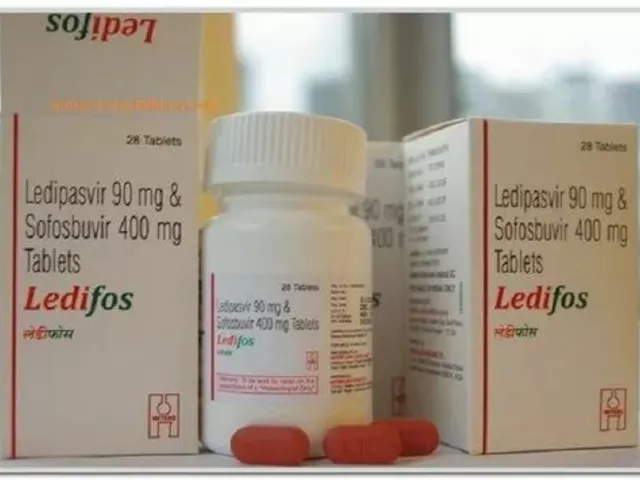Health Supplement: Smart, Safe Choices
Not every pill in a bottle helps — some are harmless, some waste money, and a few can be risky. On this tag you'll find clear, practical posts about supplements that people actually use: omega-3s, glucosamine, tansy, calanus oil and others. I focus on what works, what dose is sensible, and what to watch for when mixing supplements with meds.
Use this tag to get quick answers before you buy or try something new. Each article breaks down the evidence, typical dosing, real side effects, and signs that you should stop. If a supplement has strong research, I point to the main findings; if the evidence is weak or mixed, I say that plainly so you can decide with fewer surprises.
How to choose a supplement
Start by asking three simple questions: does it have human studies showing benefit, is the dose used in studies similar to what's on the label, and could it interact with drugs you take? Check the product label for active ingredient amounts and compare them to study doses. Prefer brands that list certificates of analysis (third‑party testing) or have a clear manufacturing address. Cheap is not always better—contamination and low potency are common in low-cost products.
Look for clear claims. If a label promises to "cure" a disease, that's a red flag. Legit supplements boost nutrients or support a body process; they don't replace prescription meds unless a doctor says otherwise. When in doubt, bring the label to your pharmacist or healthcare provider and ask if the ingredient and dose make sense for your goals.
Safety tips and common mistakes
Remember these safety basics: natural doesn't mean safe, more isn't always better, and combining several supplements that do the same thing can cause harm. Keep a list of every supplement you take alongside your prescriptions. Watch for interactions—blood thinners, diabetes and blood pressure meds are common trouble spots. If you notice new symptoms after starting a supplement (rash, stomach upset, dizziness), stop it and get medical advice.
If you’re on medications like warfarin, insulin, or SSRIs, double-check supplements for interactions and talk with your prescriber before starting anything new. Keep doses steady, log any changes, and allow 4–8 weeks to judge benefit for most supplements. For targeted needs (joint pain, mood, liver support) read the specific posts here — they list study doses and realistic expectations. Ask if unsure.
Buying matters. Choose vendors with clear return policies and contact info; avoid sites that hide their address or offer unrealistic discounts on prescription-only products. For many popular options—omega-3s, glucosamine sulfate, vitamin D—I include buying tips in the linked articles under this tag so you can pick a reputable product without guesswork.
Want practical next steps? Read the posts on this tag that match your interest: product reviews, alternatives to prescription meds, and safety guides. If you still have questions, use the contact page to send a photo of the label or ask about interactions—I'll respond with straightforward advice you can use today.
Unlock the Power of Calcium D-Glucarate: The Ultimate Dietary Supplement for Health
Calcium D-Glucarate is more than just a supplement; it's a powerful ally in supporting your body's natural detoxification process. This compound can play a crucial role in eliminating toxins and excess hormones, promoting a healthier lifestyle. Understanding how it works and incorporating it into your routine can elevate your wellness journey. Discover practical tips on usage and benefits in this comprehensive article.
About
Nutrition and Supplements
Latest Posts


Genetic Factors in Statin Tolerance: How Pharmacogenomics Testing Can Help
By Marcel Kornblum Nov 28, 2025

The role of pharmacists in managing Ledipasvir therapy for Hepatitis C patients
By Marcel Kornblum Jul 16, 2023

7 Alternatives to Duloxetine for Managing Pain and Anxiety
By Marcel Kornblum Mar 29, 2025

